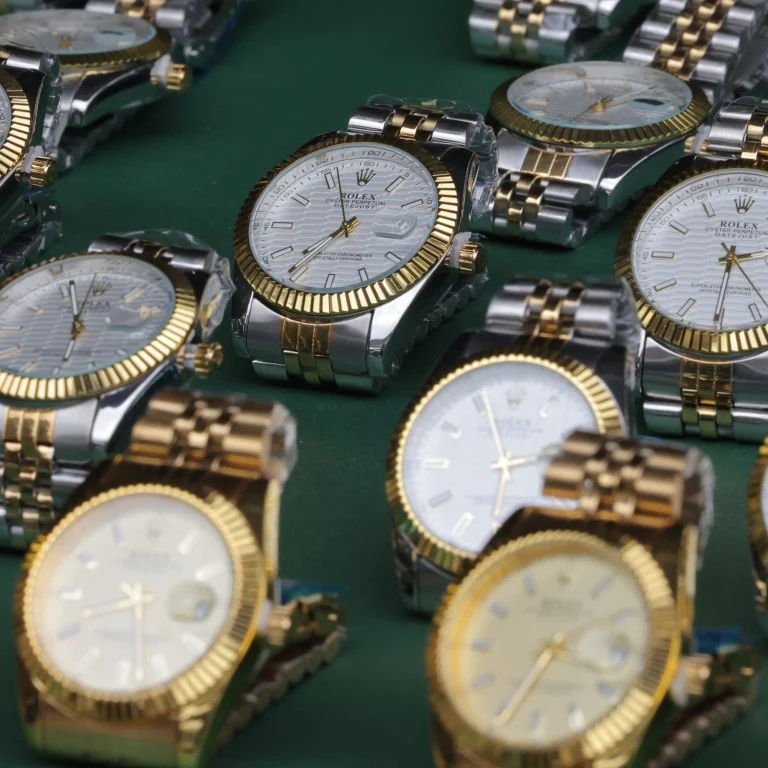Replica watches have gained a notable presence in the world of timepieces, with their allure often linked to the prestige of luxury brands. However, the secret life of replica watches reveals a complex story that goes beyond simply imitating high-end brands. Whether driven by affordability, style, or status, consumers of replica watches are part of a larger ecosystem where legal, ethical, and quality concerns are tightly interwoven. Affordability is one of the main reasons why people turn to replica watches. Replicas offer an opportunity to own a visually similar timepiece for a fraction of the price. While a real Rolex might cost thousands, a replica can be found for a few hundred or even less. For individuals looking to enjoy the aesthetics of a luxury watch without the steep investment, replicas offer an enticing alternative. However, affordability comes at a cost not just in monetary terms but in quality and reliability. Most replica watches are mass-produced in factories with subpar materials, often lacking the precision and craftsmanship that define genuine luxury watches.

While they may look convincing from a distance, a closer inspection often reveals telltale signs like poor finishing, inconsistent weight, and inaccurate timekeeping. Additionally, these timepieces often do not withstand the test of time. Movements inside Luxe Replica Watches tend to be basic and unreliable, often failing after short periods. The genuine articles, by contrast, are constructed with longevity in mind and often feature movements meticulously crafted by experts in the horology field. One cannot overlook the ethical and legal implications tied to replica watches. Purchasing and distributing replicas violates intellectual property laws, as they infringe on the trademarks and designs of established brands. While buying a replica for personal use might seem harmless, it fuels an industry that thrives on counterfeiting and piracy. Large-scale manufacturers of replicas, especially those operating in countries with loose intellectual property regulations, often operate in a grey area legally. This can lead to issues when customs officials confiscate replica watches or buyers face penalties for unknowingly breaking the law.
These include supporting industries that may exploit labor or engage in practices that are detrimental to economic fairness. Additionally, the act of wearing a replica watch raises questions about authenticity and personal integrity. Some argue that wearing a fake version of a luxury item can perpetuate a culture of superficiality, where appearances are valued over substance. The symbolism attached to a genuine luxury watch goes beyond the watch itself it is about the craftsmanship, heritage, and prestige that accompany owning an authentic timepiece. Despite these issues, the demand for replica watches remains robust. The global counterfeit watch industry is worth billions of dollars annually, with online marketplaces offering countless options. Sellers often go to great lengths to market their products as replica rather than fake, attempting to normalize the purchase and ownership of these imitations. For many buyers, this distinction provides a sense of legitimacy and reduces the guilt associated with owning a counterfeit product. In conclusion, the secret life of replica watches is filled with contrasts.


